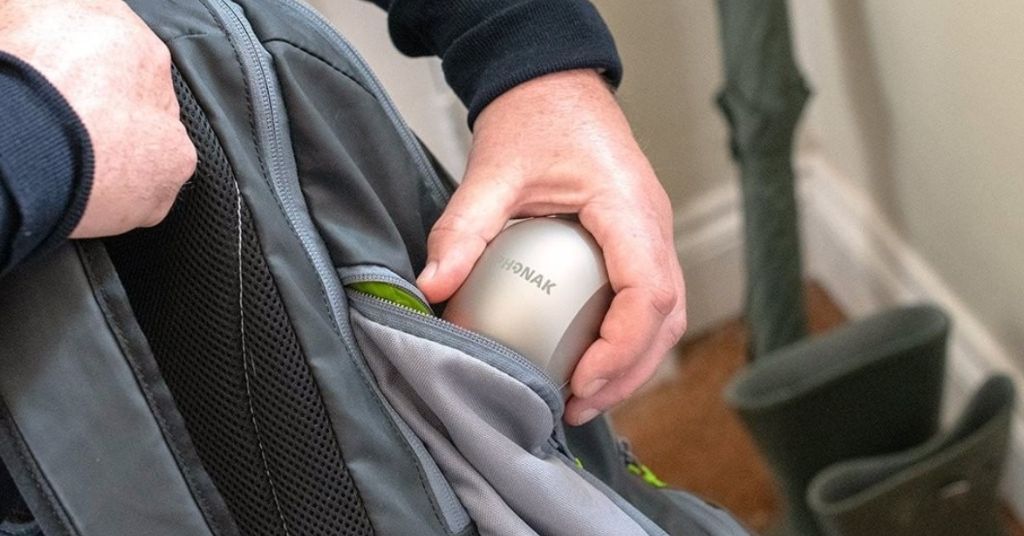
3 Tips for Learning a Language With Hearing Loss
May 22, 2017
7 Night-Time Necessities for the Hard-of-Hearing
May 24, 2017Ask Anna: My grandfather won’t wear his hearing aids

Ask Anna is a weekly advice column for the hearing loss community.
Dear Anna,
My Grandfather is in his 80’s and has severe, age-related hearing loss in both ears. My aunt got him a hearing aid but it wasn’t the expensive one the Audiologist recommended (still pretty expensive, though) and frankly the results have been disappointing. There seems to be too much interference and he’s been unwilling to use them.
I’ve been quite upset too because it was done against my advice – the next most expensive one was actually on offer and not that much more expensive, and we may have just bought a white elephant. But on the other hand I also don’t know for sure that he would have done any better – hearing aids work well for those with moderate hearing loss, but as far as I can tell once it reaches severe they can’t help all that much either.
I’m at a loss. These days I can’t hold anything but the simplest of conversations as each sentence has to be repeated about 3-4 times even with my mouth in his ear. It’s a real pity because otherwise for his age he is very well and almost completely cognitively intact. He is completely independent functioning. But with this hearing loss getting worse he can’t talk to anyone and I feel like his cognitive functioning might go down with it. I also think that it would make him prone to depression.
I just want to know, is there anything solid I can do to make significant improvements to cope with his hearing loss? Aside from putting down another five to ten grand to try a better hearing aid which we might not be able to afford now. Thank you – Worried Grandchild
Dear Worried GrandChild,
I am so sorry to read this letter. It appears that even with the best intentions of all involved the end solution is not satisfactory. Without knowing the type of hearing aid and the exact level of your grandfathers hearing loss it is very difficult to know if the hearing aid that has been purchased is suitable for him. On a positive note however, if he has digital power hearing aids, even if not the most expensive, they should provide benefit to him.
I would first suggest that you and someone else close to your grandfather sits down and talks with him to find out why he isn’t wearing the hearing aids.
I would also try to find out what his expectations of the hearings aids, are and what goals he would like to achieve.
Take it in small steps
Depending on how long your grandfather had a hearing loss before he tried hearing aids amplification can be pretty overwhelming, as he will be hearing things he hasn’t heard for a long time and he might not like the sound initially. Over time, usually over the period of a few months, he will adapt to amplified sound. So, reassure him that if he tries to wear them again things will get easier.
Read more: When the Hearing Aids is in the Drawer
If the hearing aids don’t seem to be doing what they should it could be that they need to be fine-tuned or adjusted. If you decide to go back to the Audiologist make sure that you or another family member attends the appointment with him. We promote this family centered care because evidence shows that a person will be much more successful with their hearing aids with engaging support.
Prior to the appointment let the receptionist know you would like to be present to support your grandfather.
If he is adamant that he does not want to wear the hearing aids then it may not be wise to spend more money on different hearing aids. I fear that these may end up not being worn as well. There are communication techniques that can help but the person with the hearing loss and the significant other need to be willing to work on these together.
I hope that your grandfather is on the road to a more positive experience with his hearing aids! With your support he can’t go wrong.
– Anna
Do you have a question for Anna? Email: feedback@hearinglikeme.com or in the comments below.



